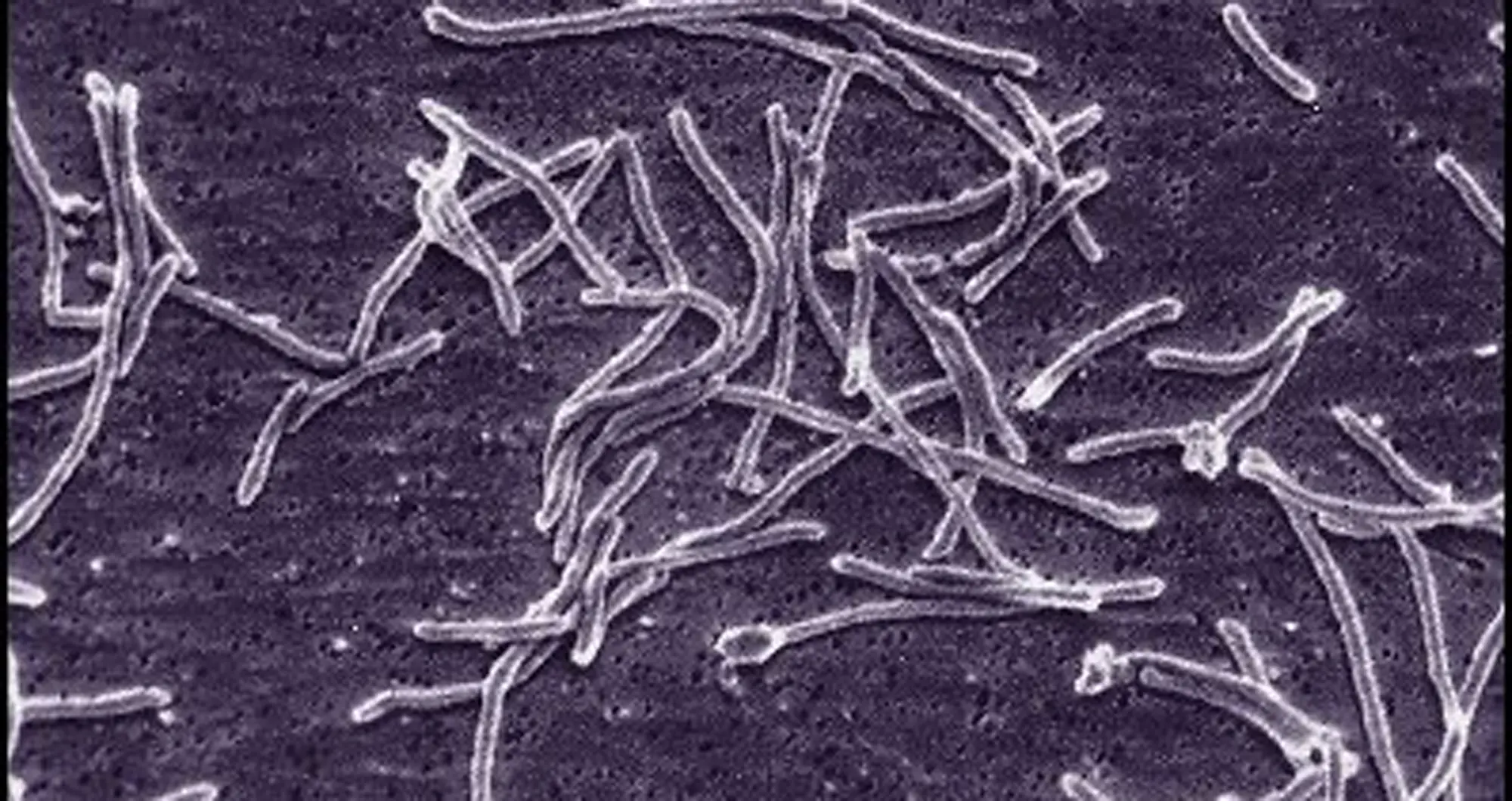Hudson Freeze, PhD, director and professor of the Human Genetics Program, has a starring cameo in Veritasium’s video profile of Kary Mullis, PhD, (1944-2019), an American biochemist who shared the 1993 Nobel Prize in Chemistry for his role in the invention of polymerase chain reaction (PCR), which fundamentally altered biochemistry, the study of DNA and helped lead to the new field of biotechnology.
Freeze, then a undergraduate student in the lab of Indiana University microbiologist Thomas D. Brock, PhD, (1926-2021), discovered a new species of bacteria able to live in 160 degree F. hot springs at Yellowstone National Park. Conventional wisdom at the time said no life could survive such temperatures.
After days of finding nothing in water samples, Freeze said he detected a “little something on the bottom” of a tube. “So I got a little pipette out, took a little drop, put it under a microscope.
“I still get goosebumps, man, I’ll tell you. I still get goosebumps. I looked at it and here were all of these worms, just crawling around. I thought, ‘My God, I’m the first person in the world to ever see this.’
“There was a graduate student in the lab and this graduate student says, ‘Well, I think we ought to call it ‘Hudsoniae Freeziensis.’”
Instead, Brock and Freeze would name the novel bacterium Thermus aquaticus, learn how to cultivate it and publish their findings in 1969. Enzymes from T. aquaticus, which had evolved to function in extremely hot temperatures, would eventually provide a key tool Mullis deployed to create PCR, which artificially amplifies minute DNA segments.
